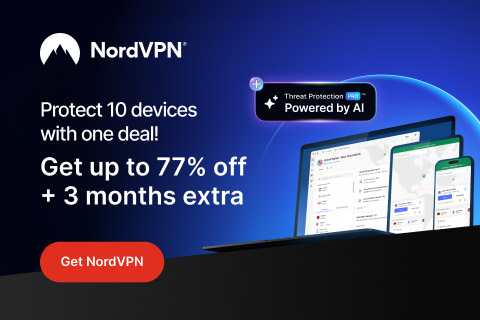Stay Private. Stay Secure. Stay Free.
Trusted by millions worldwide – protect your online life with #1 VPN
- ⚡ Blazing-fast speed on every server
- 🔒 Military-grade encryption & protection
- 🌍 Access content globally without limits
- 📱 Up to 10 devices with one account
On July 14, 2025, ExpressVPN, a leading provider of virtual private network (VPN) services, was hit with a massive data breach that compromised user information. This news has sent shockwaves through the online privacy community and has raised concerns about the security of VPN services.
For general internet users, this data breach serves as a stark reminder of the importance of safeguarding personal information online. VPNs are often used to encrypt internet traffic and protect users’ data from prying eyes, but this breach highlights the fact that no service is completely immune to security vulnerabilities. It is crucial for users to regularly update their VPN software, use strong, unique passwords, and enable two-factor authentication whenever possible to mitigate the risk of data breaches.
The technical implications of this data breach are significant, as it raises questions about the security practices of VPN providers and the effectiveness of encryption protocols. Users rely on VPN services to protect their online privacy and security, so any breach of this magnitude can erode trust in the technology as a whole. It is essential for VPN companies to prioritize security audits, implement robust encryption standards, and regularly update their systems to protect user data from malicious actors.
While ExpressVPN may have been the primary target of this data breach, other VPN brands like NordVPN, CyberGhost, and Surfshark could also be vulnerable to similar attacks. Users of these services should remain vigilant and take proactive steps to protect their online privacy, such as regularly checking for software updates, avoiding public Wi-Fi networks, and using strong encryption standards.
The real-world impact of this data breach could be far-reaching, as compromised user information could be used for identity theft, financial fraud, or other malicious activities. Users who have been affected by the breach should immediately change their passwords, monitor their accounts for any suspicious activity, and consider enabling additional security measures to protect their data.
**FAQs:**
1. **What is a VPN?**
A VPN, or virtual private network, encrypts internet traffic and routes it through a secure server to protect users’ online privacy and security.
2. **How can I choose a reliable VPN service?**
Look for a VPN provider that has a strong privacy policy, does not log user data, offers strong encryption protocols, and regularly updates its software to address security vulnerabilities.
3. **What should I do if my VPN service experiences a data breach?**
If your VPN service experiences a data breach, change your password immediately, monitor your accounts for any suspicious activity, and consider switching to a more secure VPN provider.
In conclusion, the data breach that ExpressVPN experienced on July 14, 2025, serves as a sobering reminder of the importance of online security and privacy. As internet users, we must take proactive steps to protect our data and safeguard our online activities from potential threats. By staying informed, using strong security practices, and choosing reputable VPN services, we can minimize the risk of falling victim to data breaches and cyber attacks.
**Strong call to action:** Take control of your online privacy and security by regularly updating your VPN software, using strong, unique passwords, and enabling two-factor authentication. Stay informed about the latest cybersecurity threats and best practices to protect your data from malicious actors. Remember, your privacy is worth protecting.

